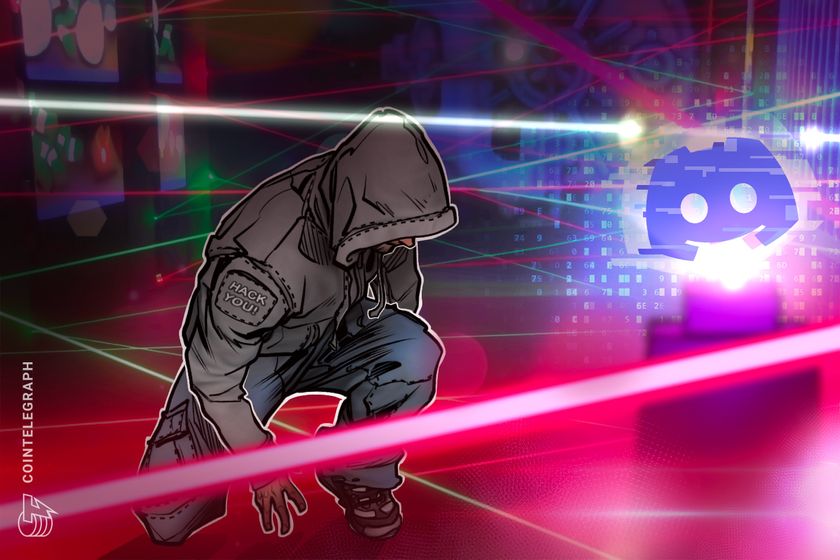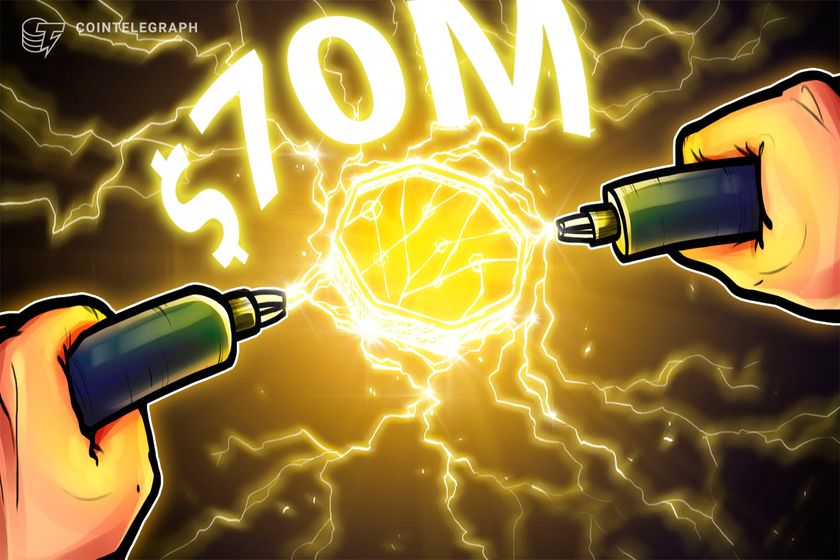The fallout from the failed TerraUSD (UST) stablecoin and its companion token, LUNA, caused over $40 billion in investor losses, marking one of the most significant events in cryptocurrency history.
Legal Proceedings Begin in the United StatesFollowing his extradition from Montenegro, Do Kwon appeared before the US District Court for the Southern District of New York on January 2, where he pleaded not guilty to nine felony charges, including securities fraud, commodities fraud, and money laundering conspiracy. Acting US Attorney Daniel Gitner, in a January 6 court filing, outlined plans to notify victims about their rights via a dedicated website, citing the impracticality of individualized notifications due to the case’s magnitude.
A screenshot of the proposed order outlining the procedures for notifying Do Kwon’s victims about their rights in the criminal case. Source: Courtlistener
“The government estimates the number of victims in this case exceeds hundreds of thousands of individuals and entities, potentially totaling more than one million,” Gitner stated, emphasizing the global scale of transactions conducted through foreign exchanges and anonymous digital wallets.
The Terra Ecosystem CollapseThe fall of the Terra ecosystem in 2022 contributed to a broad cryptocurrency market downturn with several firms declaring bankruptcy. In that event, the failure of the algorithmic stablecoin UST and the virtual currency LUNA weakened confidence in decentralized financial systems and brought on regulatory scrutiny globally.
Do Kwon was arrested in Europe for attempting to use a fraudulent passport. Source: TerraNewsEN
Prosecutors argue that Kwon duped investors into creating the Terra platform based on “deceptive and misleading” practices that appeared to be a viable, stable financial system. It is this lie, they argue, that caused investors to lose money in such a tragic manner.
Challenges in Quantifying VictimsIdentifying and notifying victims in this case poses significant challenges due to the decentralized nature of cryptocurrency. Many transactions were conducted anonymously or on foreign platforms, leaving little personal identifying information. This complexity highlights the unique hurdles of prosecuting large-scale fraud in the digital asset space.
Before extradition, Kwon had been detained in Montenegro on unrelated charges while the US and South Korean governments wrangled over his custody. His legal problems go beyond the current criminal case: he and Terraform Labs were found liable for fraud in a US SEC civil case in April 2024. The civil ruling ordered Kwon and his company to pay $4.5 billion in penalties and disgorgement—a decision likely to weigh on the continuing criminal trial.
Crypto Fraud Cases Gain ProminenceThe Southern District of New York has been the focus for a good deal of the most high-profile prosecutions in the cryptocurrency world. Kwon joins other executives like Sam Bankman-Fried, ex-CEO at FTX, and Alex Mashinsky, ex-CEO at Celsius, in being charged for financial impropriety. These cases underpin the growing attention to regulating and addressing fraud within the cryptocurrency sector.
A prosecution of Kwon could set a vital precedent in how large-scale fraud is handled within the cryptocurrency industry. Besides financial restitution, the case has also brought home to many the nature of international cooperation in crimes across borders. This too is an important lesson to be carried out by investors about the potential risks of innovative financial technologies.
Looking AheadAs Kwon prepares for his next court appearance, scheduled for January 8, 2025, the legal process promises to be complex and lengthy. Whether US authorities will offer a plea deal or proceed with a full trial remains to be seen. For the millions of affected investors, this case represents a step toward accountability in one of the most significant cryptocurrency collapses to date.



















